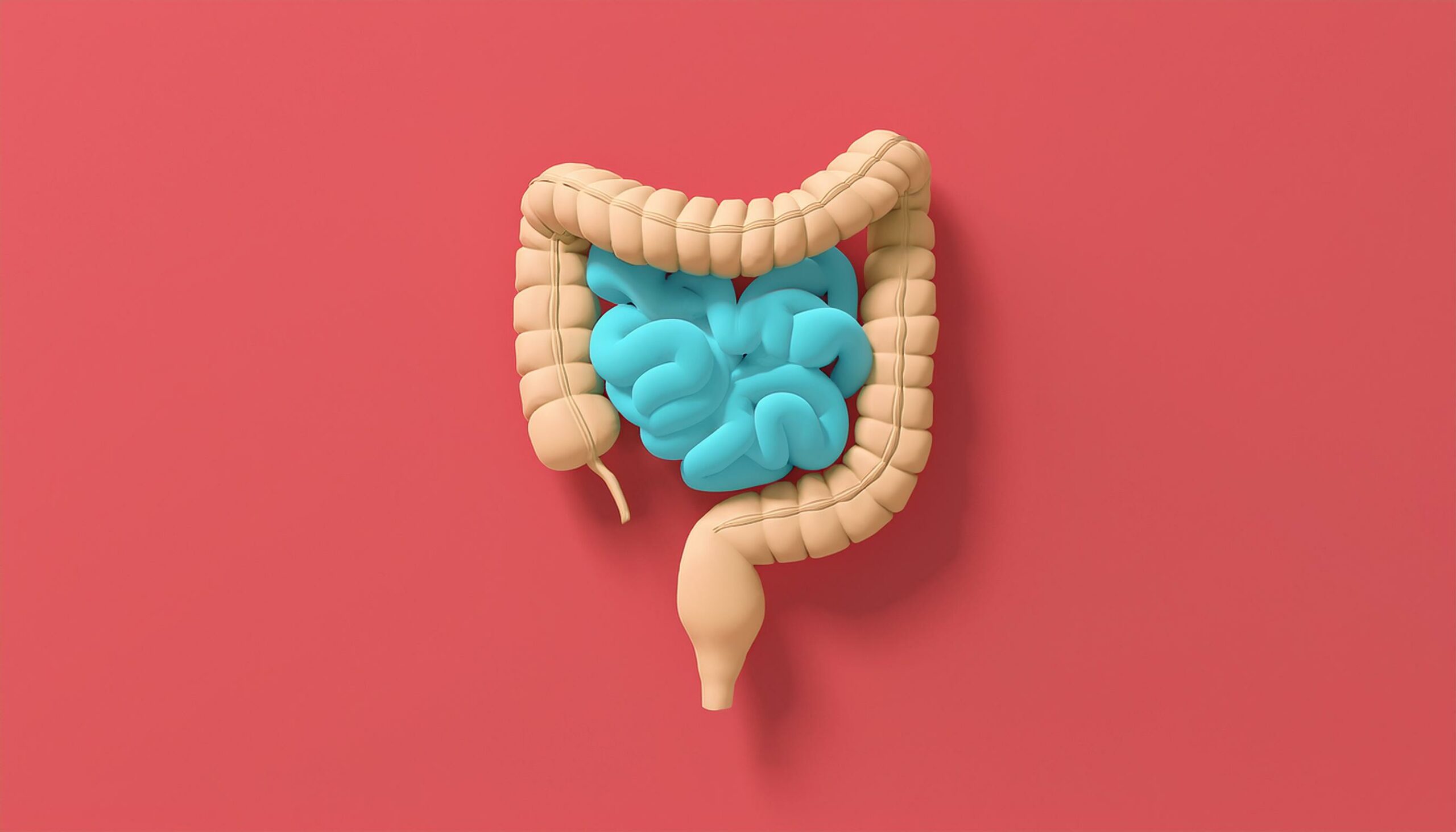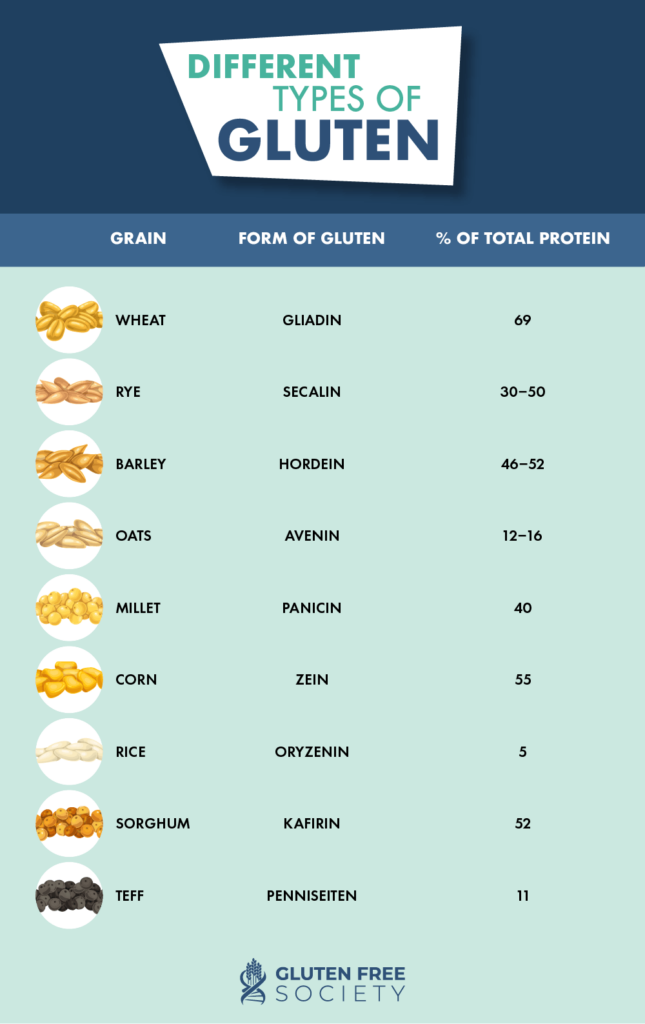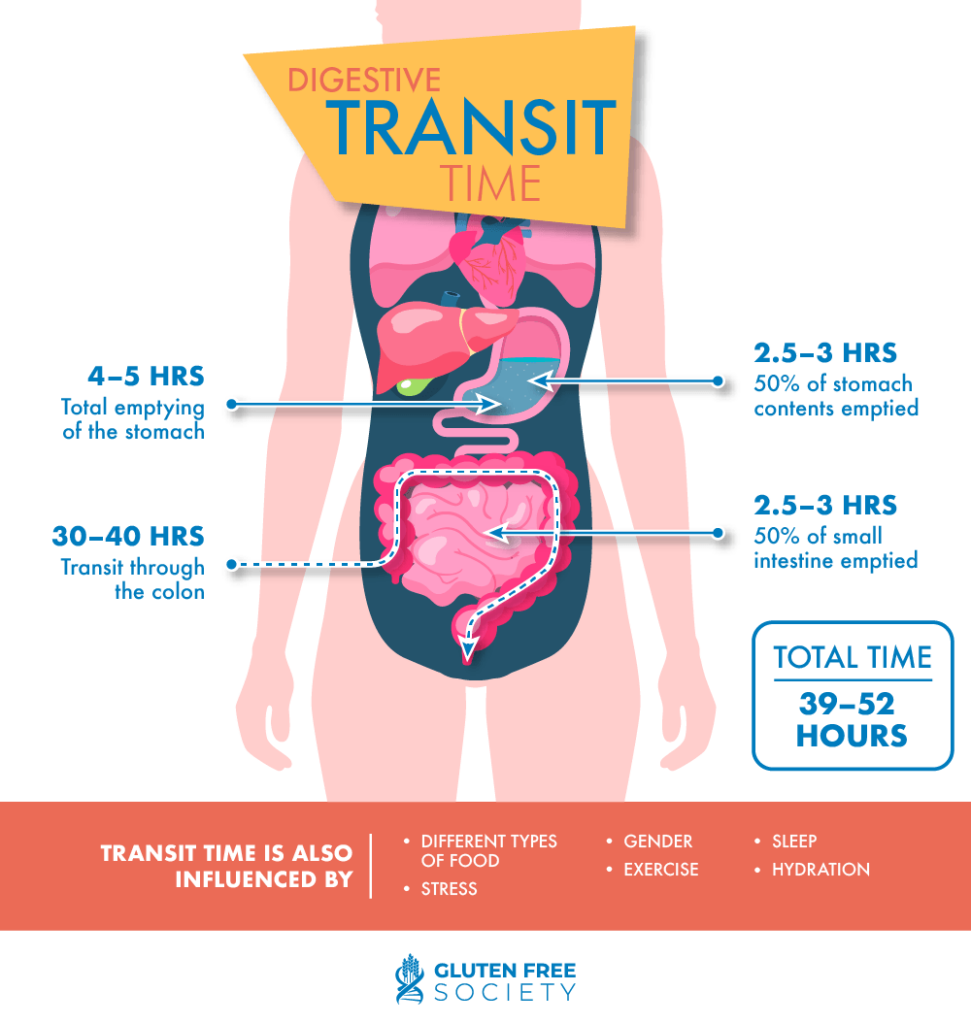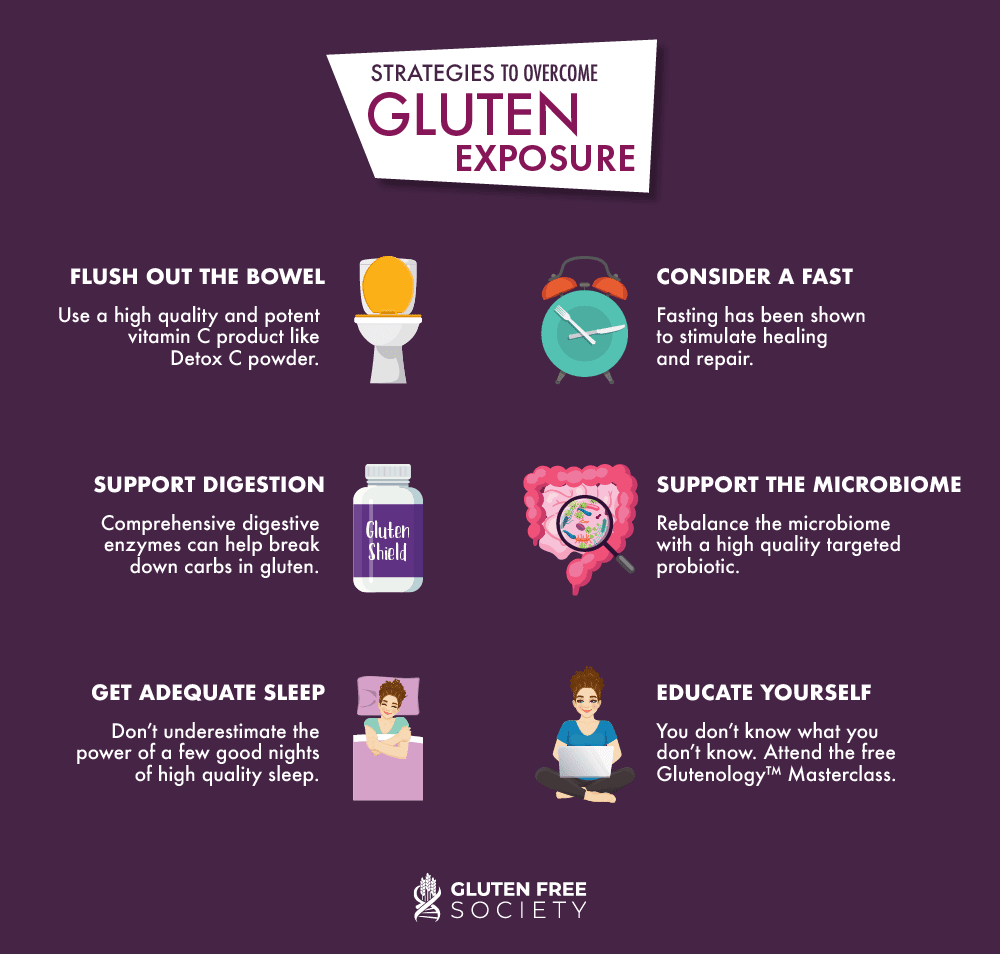new to the gluten free journey?
new to the gluten free journey?

If you have celiac disease or gluten sensitivity and you avoid eating gluten to maintain your health, you know how awful it feels when you get “glutened” – when you accidentally eat gluten. Let’s talk about overcoming gluten exposure. In this article, I will be covering the following:
Contents
ToggleBefore we dive in, let’s first define what gluten actually is. For food labeling purposes, the FDA currently defines gluten as the protein that naturally occurs in wheat, barley, rye. Unfortunately, this definition is not entirely accurate.
Here’s why. Gluten is not a single protein found in a few grains; rather, it refers to a huge family of proteins found in all grains to include corn, rice, sorghum, oats, etc. Gluten is technically defined as the family of grain based proteins that are soluble in alcohol. These proteins are also sometimes referred to as prolamins. I know what you are thinking – way too technical!

Why is this an important distinction to make? Many people with a celiac or non celiac gluten sensitivity diagnosis, fail to recover when they follow the gluten free diet as defined by the FDA. A TRUE gluten free diet eliminates all grains, because all grains contain gluten prolamins in different forms (see diagram). And more and more research is showing that grains like oats, corn, and rice do actually cause inflammatory damage to those with celiac and gluten sensitivity.
For an expanded scientific breakdown on this topic, you can watch the video below:
While you might think that gluten is found only in breads and baked goods, gluten is found in a wide variety of foods. Gluten is often added to processed foods to influence texture or moisture, or to add bulk or increase shelf life. A comprehensive list can be found here, but in general, foods to look out for include the following:
Due to cross contamination, even foods marketed as gluten free can contain gluten. It is important to do your research on a company before eating something to make sure it doesn’t contain gluten.
Gluten sensitivity is an immune response to gluten that leads to inflammatory damage to the intestines and other tissues of the body. Gluten exposure is linked to multiple forms of autoimmune disease such as celiac disease, Hashimotos’s thyroiditis, and rheumatoid arthritis. Those with gluten sensitivity need to avoid gluten in order to maintain good health. Sometimes people are exposed to gluten accidentally through cross contamination or ignorance of its presence in foods. When this happens, the body experiences both short term discomfort and longer term damage to the intestines and other body tissues. For this reason, it is important to understand how long it takes gluten to pass through your system, and how long it takes for gluten induced damage to repair.
Gluten exposure causes both short term discomfort and longer term intestinal inflammation and damage, and it is important to know how long it takes to recover and repair from both.
The initial short term discomfort is generally resolved once the ingested gluten has moved through your digestive tract. The time it takes from mouth to bowel movement is referred to as transit time. Transit time can vary from person to person for a variety of different reasons including, the health and function of the gut, liver, and pancreas. In addition, different types of food take different amounts of time to pass through the digestive tract. For example, simple carbohydrates take less time to digest compared to protein or fiber-rich foods. Transit time is also influenced by a number of other factors, including psychological stress, gender, exercise, sleep, hydration, etc. There have been a number of studies performed around gastrointestinal transit time, and the table below lists resulting estimates for transit times in healthy humans after eating a meal.
50% of stomach contents emptied.
All stomach contents emptied.
50% of small intestine emptied.
Transit through the colon
While you may feel better after a couple days following gluten exposure, there is a lot more happening behind the scenes that you may not be aware of. Ingesting gluten can trigger IgA and IgG antibodies which will then cause leaky gut or intestinal hyperpermeability. The breach of the gut barrier allows toxins to flood into your bloodstream causing systemic tissue damage and inflammation. A number of factors will determine how your body recovers from the “unseen” damage caused by gluten exposure. Research has suggested that the half life of IgA gluten antibodies is about two months and the half life of IgG antibodies is 30-60 days. Translation: it can take 4 months to clear out the antibodies. This means that antibody induced damage can go on for a minimum of two months. However, damage may last far longer, depending on other factors, like the overall state of your gut health, other pre-existing health conditions, your nutritional status, and how many gluten exposures you subject yourself to. In addition to the challenges associated with antibodies that present from ingestion of gluten, research has also shown that the mucosal lining of the intestine does not recover well, even when a gluten free diet is implemented. Specifically, the study notes that mucosal recovery was absent in a substantial portion of adults with celiac disease after treatment with a gluten free diet. This underscores even more how important it is to check food labels, confirm how food was prepared if not by you, and do your research on the testing and practices of any company who makes your food.

I have discussed previously how to detox from gluten fast. When you consume gluten, there is an element of just having to “ride out” the symptoms as your body clears out the gluten and repairs damage. However, there are a few steps you can take to help support and expedite these natural processes:

While you can’t always avoid gluten, as some foods may unknowingly contain it, it is important to do as much research as you can around the ingredients, preparation, and testing of the foods you eat.
It is also important to not “cheat” and eat something that contains gluten just to give into a craving. This is because even if you can get past the initial discomfort of ingesting gluten (like bloating, cramping, and diarrhea), you are damaging your body’s intestines by exposing it to a substance that it cannot tolerate.
However, if you do accidentally ingest gluten, there are certain supplements you can take to help mitigate symptoms and support the repair of damage.
Stay up-to-date with the latest articles, tips, recipes and more.

*These statements have not been evaluated by the Food and Drug Administration. This product is not intended to diagnose, treat, cure or prevent any disease.
If you are pregnant, nursing, taking medication, or have a medical condition, consult your physician before using this product.
The entire contents of this website are based upon the opinions of Peter Osborne, unless otherwise noted. Individual articles are based upon the opinions of the respective author, who retains copyright as marked. The information on this website is not intended to replace a one-on-one relationship with a qualified health care professional and is not intended as medical advice. It is intended as a sharing of knowledge and information from the research and experience of Peter Osborne and his community. Peter Osborne encourages you to make your own health care decisions based upon your research and in partnership with a qualified health care professional.
20 Responses
What is the vitamin c protocol to flush out the bowel?
What is the vitamin c protocol? How much and how often do you need to take it.
Vitamin C Flush – Perform a flush on an empty stomach, first thing in the morning. Take 2 level teaspoons of Detox C powder mixed in approximately 3 ounces of water every 15 minutes. If after four doses there is no gurgling or rumbling gin the gut, you should double the amount to 4 level teaspoons and continue every 15 minutes. Make sure to stir the mixture thoroughly and allow effervescence and bubbling to completely subside before drinking. Continue this process until you have achieved loose, watery, bowel movement. If at any time during the flush experience you become nauseated and vomit, discontinue.
It is sad that this article uses a negative diet term and fear mongering of “ cheating” and eating gluten to give in to a “ craving”. You can avoid gluten all you want, but if your nervous system is a wreck and your food diet mentality is fear based on “ never touching gluten again”, you will not heal. You will be stuck in a vicious cycle.
This hasn’t been true for me. I’ve been completely grain free for six years now. I think of eating gluten as “cheating” because it’s cheating my body out health. The smallest crumb will send me into an autoimmune flare (lupus) so when I have a craving, I acknowledge it, forget about it, and eat something healthy. The first few months I had nightmares about accidentally eating pasta and having full blown lupus again. So yea, the fear of living with lupus was my motivation for not being anywhere near grain. I’ve been lupus free for as long as I’ve been grain free, so yea it’s working.
I don’t consider eating gluten as “cheating.” I consider it suicide! The pain and autoimmune conditions I’ve lived with are far more than enough to induce me to “never” willingly expose my body to any form of gluten again!
Where does amaranth grain/flour fit into this, regarding amount of gluten type protein?
Hi Amarant is what is called a pseudo-seed- not a grain. There are several of these. I react tp them very badly but I suspect that is because io have leaky gut? I am also curious about Dr. Osborne or others expereicne and information about these pseudo-seed “grains” and sensitivitiy.
The more I read about gluten and its effects, the more depressed I get! I struggle to find foods that I CAN eat without problems. I am on a strict meat, vegetable and fruit diet along with gluten free breakfast toast. Breakfast is always eggs or oatmeal. Oats don’t seem to bother me. I would like find more foods that a Celiac can eat without getting sick. I have been on this diet almost 10 years.
I’ve never heard that rice is bad on a gf diet. It’s restrictive enough as it is.
I agree. I also have no problem with corn.
Brown rice may hurt more than white rice having more gluten. White rice is low in gluten. Whole wheat may hurt more than white bread having more gluten.
I would definately love to know if i consume uncooked wheat flour if i would experience gluten problems with digestion
Very informative
The information was very educative, for someone willing to improve health issues with gluten or gluten related food. I always say knowledge is power. Once you learn something you can not claim ignorance anymore. You need to take a step or action toward improving your condition or issue.
I find that the more pulverized rice or cirn are, the more apt I am to become dangerously constipated. Rice and corn starches could contain more gluten as they can become over processed.
Rice, all rice, contains some arsenic from the water and soil they’re grown in. Be mindful of consumption. When we buy gf rice, we’re advised to rinse 3 times before cooking.
Dr. Gundry (the lectin-free guy) suggests soaking rice overnight and rinsing it thoroughly before cooking. It makes short-grain brown rice softer and more subtly delicious.
Also, this is probably old news to gf practitioners, but many ketchups, mustards and salad dressings are thickened with wheat flour.
You can buy gf ketchup at most health food stores that I know of.
Does anyone get headaches, almost vertigo feeling , upset stomache and frequent urination, leading to bowel movements?
Feeling feverish but no fever?
Yes – certain forms of Dysautonomia are common with food allergies. So gluten might not be your only issue. Determining the trigger for this is key. And for many of us the gut slows down or speeds up as a reaction to this trigger which can cause exactly what you describe.